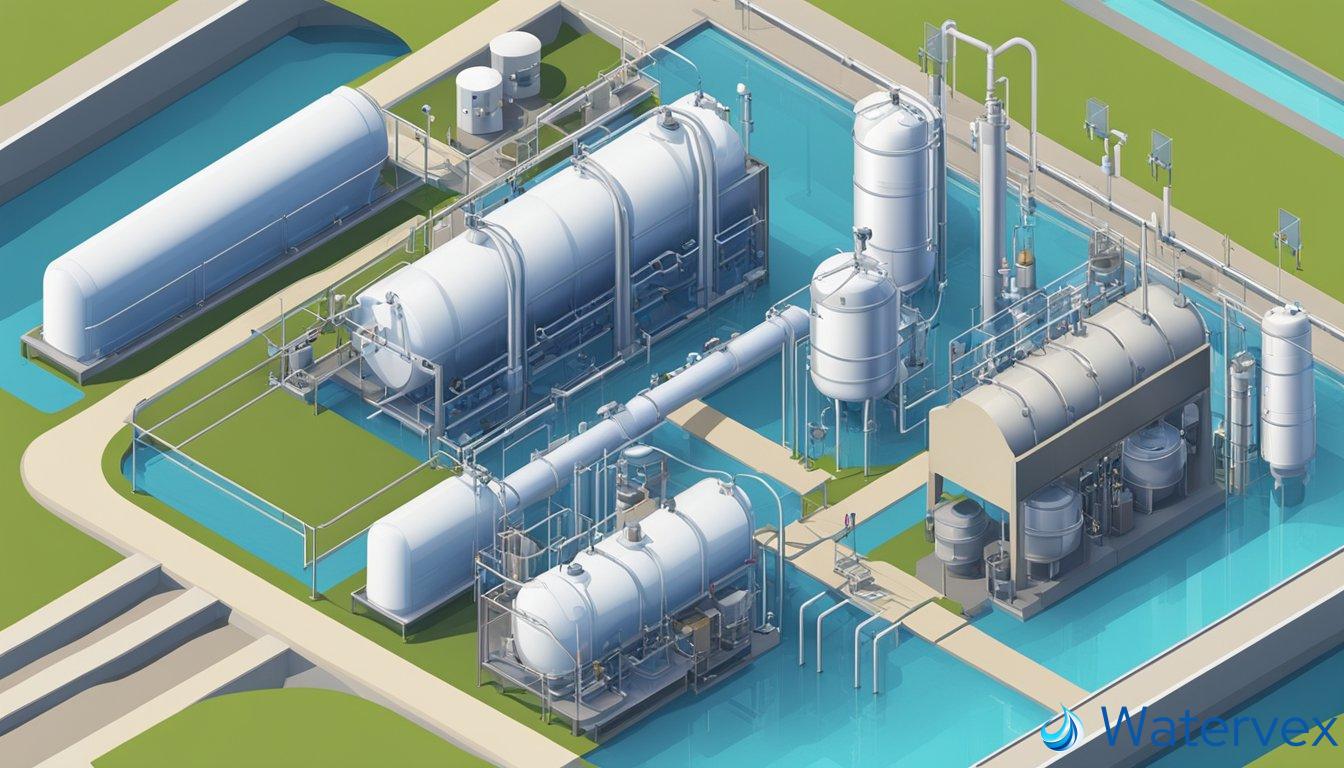Water treatment technologies are essential for providing safe drinking water. They remove contaminants and ensure water quality meets health standards. Advanced treatment methods are particularly effective at tackling specific impurities that may affect the health of your family or the longevity of home appliances. Techniques such as activated carbon filtration offer targeted contaminant removal, significantly reducing the presence of unwanted substances in your tap water.

Innovation in water treatment for homes has led to the development of systems that not only purify water but also enhance its taste and prevent scale buildup. These systems can be a crucial investment for homeowners seeking to improve their water quality. The latest advancements in water treatment provide efficient solutions for managing hard water and a wide array of other water quality issues, ensuring that the water in your home is clean, safe, and pleasant to use.
Key Takeaways
- Advanced water treatment technologies enhance safety and taste.
- Innovative home systems combat hard water and prevent scale.
- Quality investment for homeowners seeking improved water.
Latest Innovations in Water Treatment for Homes
Innovative solutions in home water treatment have revolutionized the ways in which you can access clean, safe, and palatable water. These advances focus on effectiveness and environmental consciousness while minimizing costs.
Which Water Softening Solutions Are Best for Removing Minerals
Water softening technology has made substantial leaps forward, specifically through advancements in ion exchange systems. Ion exchange is adept at removing minerals like calcium, magnesium, and iron from your water, which are the culprits behind hard water issues. A major innovation in this area is the development of more efficient resins that increase ion exchange capacity, leading to less frequent regeneration cycles. This equates to savings in both salt and water usage, reducing your environmental footprint as well as ongoing costs.
One particular method you might find intriguing is the use of template-assisted crystallization (TAC), which transforms minerals into hardness crystals that won’t stick to surfaces—thus avoiding scale buildup without adding sodium or salts into the water. This process is salt-free and considered environmentally friendly because it does not produce wastewater or require electricity.
How Do Advanced Filtration Systems Enhance Tap Water Safety and Taste
Your quest for pristine drinking water might lead you to advanced filtration systems such as reverse osmosis (RO), ultrafiltration (UF), nanofiltration (NF), and microfiltration (MF). These systems dramatically reduce a host of unwanted elements such as chemical contaminants, natural organic matter, suspended solids, algae, disinfection by-products, and even heavy metals and antibiotics that could be lurking in your water.
Reverse osmosis is particularly effective, pushing water through a semipermeable membrane to catch tiny impurities. Coupled with pre-filters and post-filters, RO systems can remove pollutants as well as improve water taste by eliminating odors and flavors caused by chlorine and other chemicals.
Another up-and-coming advancement is the use of granular activated carbon (GAC) alongside these high-efficiency membranes. This combination is a double whammy, tackling chlorine, unpleasant odors, and improving taste while the membrane deals with finer particles and contaminants. What’s more, innovations in membrane technology are not only increasing their pollutant removal rates but also their lifespan, resulting in less frequent changes and maintenance—hitting the sweet spot between efficiency and cost.
By staying informed on these technological progressions, you’re equipped to ensure the water in your home is soft, devoid of undesirables, and as pure as nature intended, all while being cost-effective and easy on the environment.

